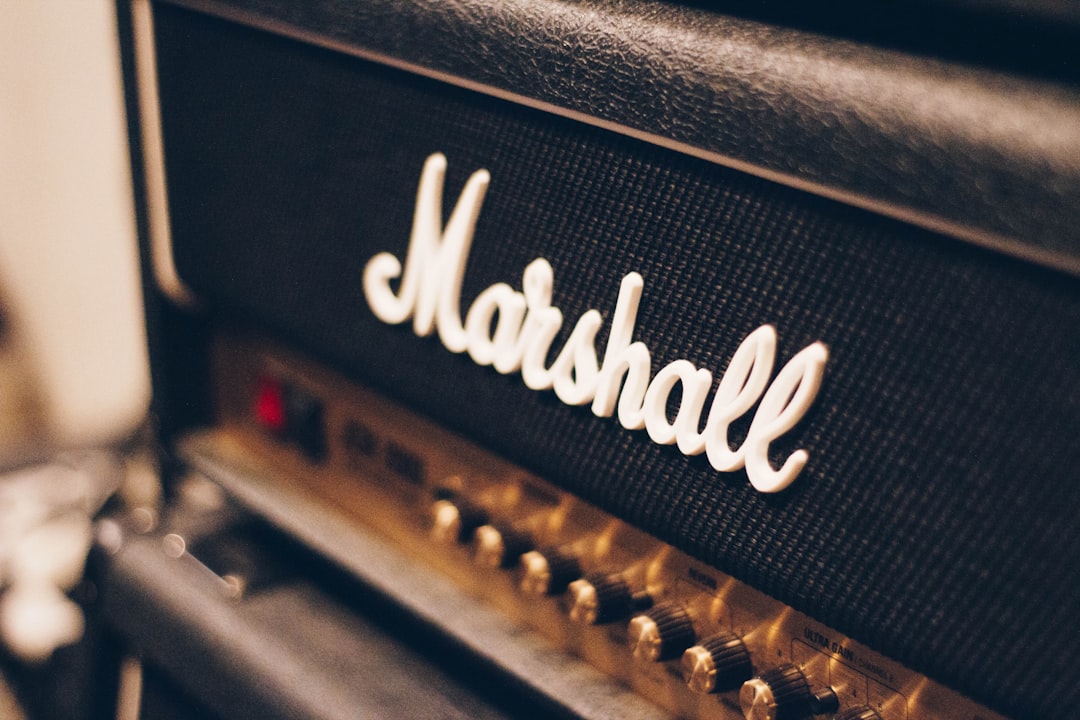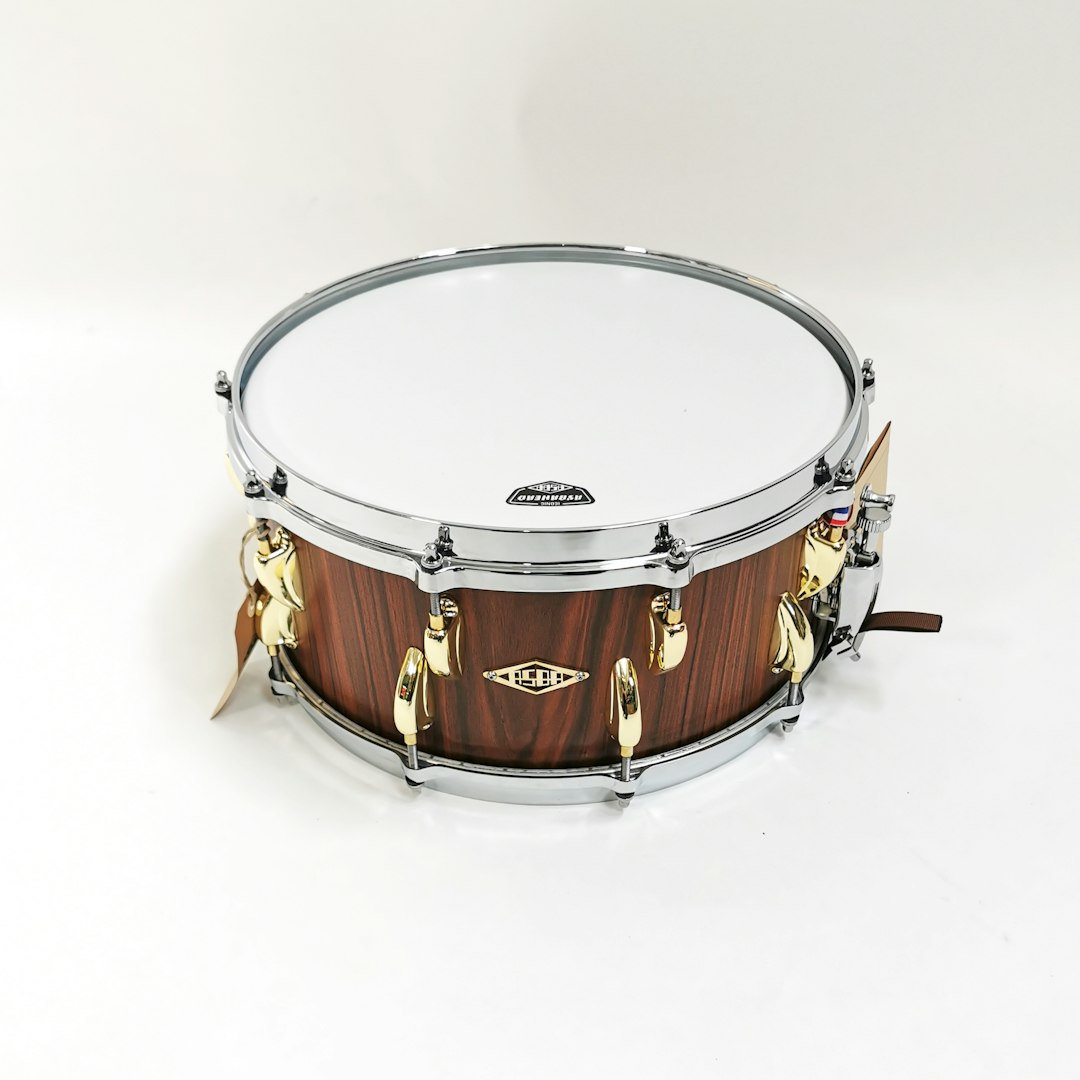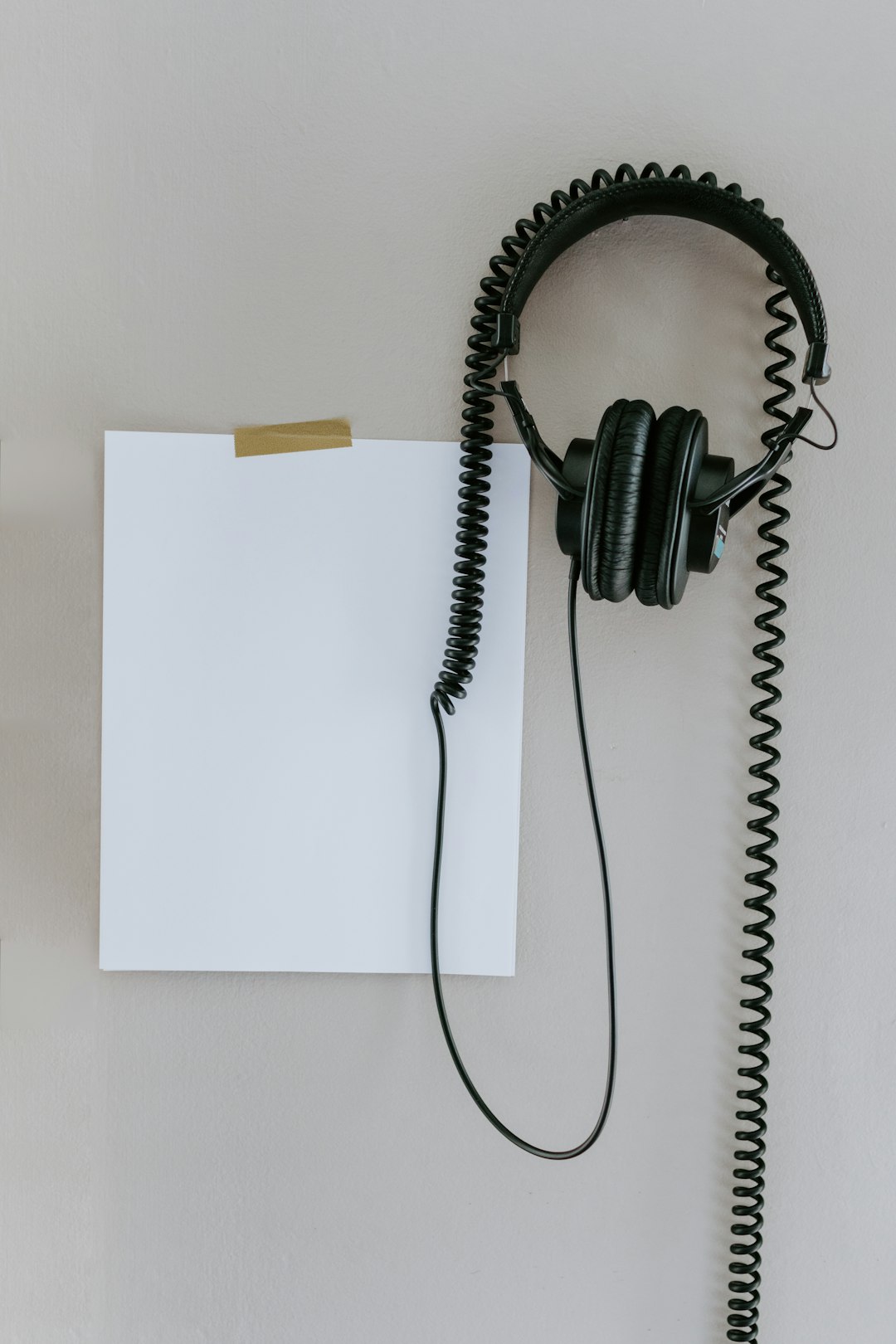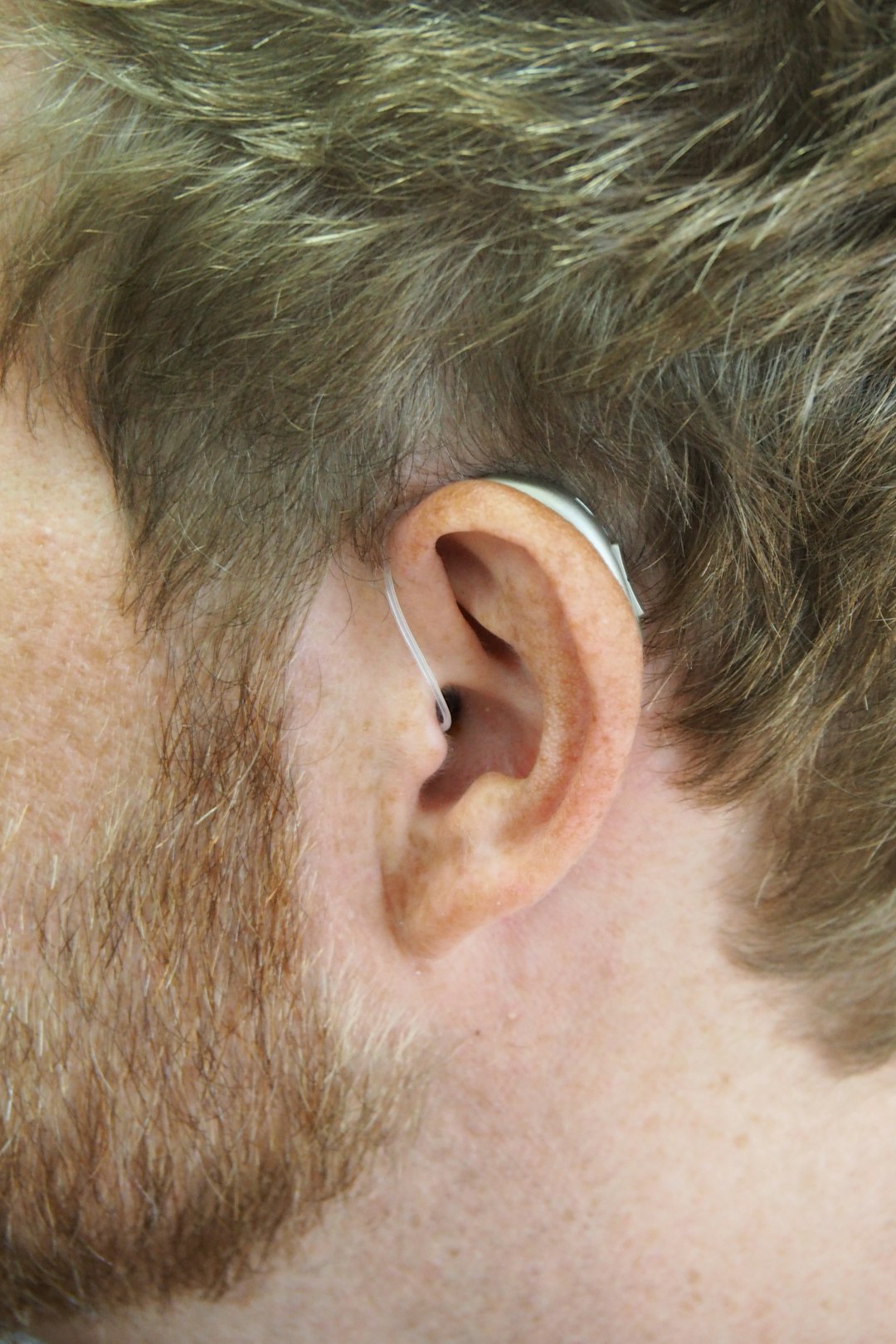On September 17, 1967, The Who appeared on the Smothers Brothers Comedy Hour television show1. The band already had a reputation for onstage violence and other shenanigans: Pete Townsend was infamous for smashing guitars to bits at the climax of a performance and drummer Keith Moon, in addition to his own wild physical attacks on his kit, occasionally used home made flash bombs in his drum kits to add even more “bang” to their sets. As legend has it, Moon prepared a flash bomb for the television performance and had it loaded with several times (perhaps ten times) the normal amount of powder.
After their first number and some good natured razzing of the show’s host with their cheeky humour (definitely naughtier than the Beatles but not quite the bad boys that the Rolling Stones were made out to be) the band launched into their second song on the show, “My Generation”. It was normal for bands to lip sync on TV shows at that time and the Who was no exception to this practice. As the song neared its end, both Townsend and Moon launched into their normal sonic stampede of weird, strained guitar riffs and manic drumming, with Townsend starting to scrape and hit his guitar while Moon bashed the drum set at a furious pace.

Suddenly, the flash bomb went off with a loud boom, a flash and smoke - you could hear some of the audience gasping in surprise. Townsend smashed his guitar in earnest, swinging it like an axe and he was clearly shaken by the explosion, looking like he was in pain.
Although different accounts don’t always agree on what exactly happened, the explosion was definitely another huge step towards Townsend’s eventual hearing impairment: some claim that that explosion deafened him in one ear. Years of playing beside huge Marshall stacks at insanely loud volume certainly didn’t help: at one point the Who held the loudest rock concert in history: 126 dB on May 31, 1976.
Sound hurts.
In 20092 I received a warning sign that should have been a clue of things to come. I was at a social media gathering in Fredericton, NB (my province’s capital city), meeting with other folks who were interesting in blogging, Twitter, and starting to take notice of Facebook. There were perhaps 30 of us in the back room of a pub or restaurant if memory serves. The group was lively and music was playing in the background.

I was trying to talk with one of the gathering’s organizers. She was trying to explain some social media nuance to me but I couldn’t understand her. I’ve always had challenges picking out individual voices in large crowds but this time it was different. I could tell she was speaking and I tried to lean in closely to hear what she was saying but I couldn’t make out the words. There was some kind of sound coming out of her mouth but it completely failed to resolve itself into words. After a couple of attempts to understand what she was saying I just nodded, smiled and moved on. But the experience was definitely upsetting.
Unfortunately that was part of a pattern of me not being able to clearly hear what someone was saying - a pattern with a long life.
In 19863 I am a teenager, in my bedroom at night in my childhood home. Everyone else seems to be asleep. I can hear every creak, thump, whisper and shuffle in the house. My hearing is sharp and clear: I have the aural equivalent of 20/20 vision.
From time to time, in my teens and 20s (the late 1980s and early to mid 1990s), I would hear, or thought I heard, an unusual high pitched sound. It spontaneously started, like some kind of signal from electrical equipment and gradually faded out. I had a vivid imagination back in those days and I was always looking for an excuse to believe that I might have super powers. Maybe an earthquake was happening somewhere in the world and I was somehow detecting it via this new sound. As I grew out of that phase I just assumed the noise was some random event.
Other than occasionally straining to hear people’s words at a bar, a concert, or some group event, my hearing was still pretty good.
Howard Hughes, among many other quirks and eccentricities, had a penchant for crashing aircraft. It was a miracle that he was only injured and never killed. These crashes, among other possible factors, are believed to be a cause of the severe hearing loss Hughes suffered during his adult life. He was supposedly unable to hear most people during conversations, a source of frustration for all. By one account Kathryn Hepburn, one of his romantic partners, resorted to sitting closely to Hughes, speaking slowly while holding the sides of his head in her hands, to communicate with him.

I listened to lots of music in the late 80s and early 90s and attended my share of concerts. I remember seeing Stevie Ray Vaughan perform shortly before his death: his command of the electric guitar was incredible and his cover of a favorite Jimi Hendrix song was masterful. I saw the Tragically Hip play in a university cafeteria during their Road Apples tour and lots of other shows when I was in university.
I missed seeing Blue Traveler and Soundgarden at a concert in Toronto but managed to see half of the Pearl Jam performance, followed by Neil Young backed by Booker T and the MGs. Tremendous performance: the classic Young guitar twang and distortion was in full force. I went to two of the Parlee Beach concerts in the early 1990s and had my eardrums roughly poked by the likes of Sloan, Steve Miller Band, Bryan Adams and Def Leppard.
Good times, sonically speaking.
Somewhere in there, probably the summer of 1990, I went to the loudest concert that I’ve ever attended: at Old Orchard Beach in Maine, featuring Tesla and Motley Crue.4 My group of chums wanted to be near the big speaker stack so that's where we went. Tesla was loud enough but Motley Crue clearly didn't hold back on the volume. At times the sound was so loud that I could cover my ears with my hands and it didn't make a damn bit of difference. My ears rang for at least two days after the show.
In a way, I don’t think the ringing really stopped.
Millie Bobby Brown (Eleven from Stranger Things) and Nathan Fillion (Firefly, Castle, The Rookie) are both deaf in one ear. I can’t imagine having a career like acting where listening and speaking are so important and yet to be missing half of your capabilities. And yet they both thrive in their careers. They must have great coping techniques.
Over the years I could tell that I was struggling to hear what other people were saying when there was background noise. Embarrassed, I would just shrug and carry on, not wanting to admit that I was having problems hearing and occasionally getting confused when I’d hear the wrong consonant in a word, like hearing fight when someone said night.
Over time, even with earbuds, I’d have to turn up the volume more than I should have to in order to make out individual words. This was not a good idea.
Andy Partridge, of the late, lamented British rock band XTC, stayed active in recording studios after giving up touring in 1982. In addition to XTC’s music and his burgeoning solo material, Partridge collaborated with other musicians, even producing for a few acts.
Like many musicians, Partridge would don headphones during mixing or when tracks were being played so he could properly judge the quality of the music he was listening to. During one studio session, one of the engineers accidentally transmitted the sound of a snare drum at full volume. Partridge received that burst of noise through his headphones in a horrible, short blast of sound, injuring his ears permanently.

Partridge developed a horrible case of tinnitus as a result of the studio mishap. The tinnitus persisted at a high volume long after the incident. At one point, Partridge said, he considered suicide because the incessant ringing was completely disrupting every part of his life.
Fortunately, Partridge found a way to cope: first through hyperbaric oxygen chamber therapy, and then by getting a special set of ear protectors which mitigate the tinnitus to a much more bearable level. Tinnitus never really goes away: you either adapt or mitigate the ringing.

By the time I was in my late 40s, after years of asking friends and family to repeat themselves because I couldn’t follow bits of conversations, I finally got my hearing tested. The testing showed that I had some hearing loss, particularly higher pitched sounds. I was at the verge, but not quite at the point, of needing hearing aids. I wasn’t ready to commit to getting hearing aids so I decided to carry on as I was.
Hearing tests are tricky things, especially if you have tinnitus. You enter a small soundproof booth and wear a set of headphones while being subjected to a series of tones at different pitches and different volumes. As the audiologist conducts the test, you have a button to press when you hear the sound you are being tested for. What I was beginning to notice, or acknowledge, was that I had a persistent ringing in my ears. Most of the time I was unaware of it and ignored it, but it definitely effected my ability to distinguish certain high pitched sounds. At times I couldn’t tell if I was hearing the right sound because of the ongoing but slight ringing in my ears - sometimes during the test I would just guess that I was, or wasn’t hearing the sound. Was it the tone the audiologist wanted me to hear or was it just the increasingly common high pitched ringing in my ears? Sometimes I just couldn’t tell.
After another couple of years I went back for another test because my hearing loss (I had to admit to myself that I was losing my hearing) was getting worse. My hearing had further worsened since the previous test. I decided to bow to the inevitable.
Hearing loss seems to be an inevitable fact of aging, like the decline in your vision that seems to be linked to age. Some of my family members have also had to cope with hearing loss in their later years. My parents, now both in their early 80s, have been wearing hearing aids for years. My mother’s hearing in particular has been dreadful for many years. Her mother, in turn, also lost much of her hearing as she aged - my family felt that the loss of hearing also hastened the mental deterioration she experienced in the last decade of her life.

Trying hearing aids for the first time was a very moving experience for me. Like the frog that will let itself boil to death in a gradually warming stew pot, my cumulative hearing loss happened gradually enough that I couldn’t really tell it was happening until it was beyond ignoring. You don’t know how much things have changed until you get a taste of how things used to be.
It’s funny how a hearing aid makes it easier for you to hear while plugging up the ear canal. My Oticon hearing aids are BTE (behind the ear) models. They have little speakers that are placed in the ear canal, held in place in small flexible plastic domes. Slim tubes connect the speaker ends to the main hearing aid mechanism, which includes the battery compartment, the microphone and a computerized amplifier which can tailor the hearing experience for each ear. The mechanism hangs suspended on the back of the ear, held in place by the tubing. Most of the time you won’t notice the main part of the mechanism as its easily hidden by the ear itself and any hair around it. The tubing has a clear, slightly pinkish colouring that tends to blend fairly well with my skin tone. At a distance, you probably couldn’t tell that I wear hearing aids and even up close they’re probably not noteworthy.
Hearing aids have come a long way since their invention. With an extra wireless microphone I can use Bluetooth to connect my hearing aids to my tablet or phone, so, if I wanted to, I could listen to music or a podcast through the hearing aids. I could also use my mobile device to manually adjust each hearing aid. These days I just tap to buttons on each hearing aid: a tap of the left aid’s button reduces volume while a tap on the right one makes it louder. There’s a special beep that occurs when the hearing aids are the optimum levels set by my audiologist.
Batteries though: hearing aids go through batteries every three to five days. My luck is that they’ll often run out of juice at inopportune moments so I always need to have extras with me. I’ve taken to filling old prescription bottles with used batteries. I’ve filled at least one.
And earwax. I know too much about earwax now.
For awhile I compared the experience of trying hearing aids for the first time to having settled for black and white television for years and then finally seeing a high quality colour picture again and marveling at its vibrancy. I now think the difference was more like moving from 2D to 3D pictures. Over time I had grown used to a flatness in my hearing, like something was filing the soundwaves I was hearing down to a rough and diminished waveform. Suddenly, with the hearing aids, I had access to a normal soundscape with better defined peaks and valleys (or pretty close to normal: hearing aids often can’t completely restore regular hearing). I felt a sense of both loss and relief when the hearing aids were inserted: I didn’t realize how much I was missing and I was very moved by the restoration of so much of my hearing while mourning the realization of the loss. Like the song says, you don’t know what you’ve got until it’s gone.
Hearing aids are a wonderful thing. My quality of life would be significantly reduced without hearing aids. They don’t fix everything but for me they fix enough.
Like several of my musical heroes I too have tinnitus. I think a lot of people have at least a touch of the incessant ringing in their ears these days between exposure to loud live music and overuse of earbuds at higher volumes. I think I had tinnitus for much longer than I wanted to admit: I treated it as background noise that I grew accustomed to hearing. Since I began wearing hearing aids three or four years ago I became much more aware of my tinnitus. As time goes on (I’ll be 54 in a few weeks), the background noise is getting slightly louder. Fortunately I’m pretty good at ignoring the sounds of tinnitus and it’s not physically painful, nor distracting.
But it’s always there and it’s a bit harder to ignore.
Chances are good that I’ll experience further hearing loss as I get closer to my parents’ current ages: 28 years is a long time. It feels pointless to worry about the inevitable and I generally don’t. Well, not a lot.
I wouldn’t enjoy a world without sound, though. Not one bit. Hopefully it won’t get to that point.
For now I’ll continue to happily plug my ears and be thankful for modern hearing technology. I just wish I had started using it sooner.
Thanks for reading this post. I don’t normally write personal anecdotes like this but I felt it was time to document part of my hearing loss journey - fortunately my hearing aids are a great compensator. But, to stay true to our normal subject matter, I occasionally write journal entries about the state of my hearing and I do track information about my hearing aids in one of my notebooks. Eventually everything comes back to notebooks!
A more detailed account of the performance can be found here: https://musicfestnews.com/2021/01/great-moments-in-tv-music-history-the-who-on-the-smothers-brothers-comedy-hour/
Plus or minus two years, to be honest, but 2009 seems like the right year.
Again, plus or minus two years, this is more of a description of what might have happened on a typical evening.
I was just barely 21 years old, so come on.



Wow, Mark - this was absolutely fascinating. Thank you for sharing your story.
I am very sensitive to high-pitched sounds - if there's a TV on somewhere (even on mute!), or any kind of battery charger, I certainly know about it - living in a house crammed with my husband's work tech when it's on charge is very noisy. He can't hear any of it (mind you, he's had years of playing bass in a band, so maybe that's related).
Speech, though, isn't as clear as it used to be. I think I say 'PARDON?' more often than most people my age.
I really enjoyed this one, Mark. Thanks for sharing your experience. There’s a lot of stigma/ageism around hearing loss but I think we’re only seeing the top of the iceberg, what with all the dang rock and roll and Walkmans and such. (Motley Crüe was a great choice, btw.)